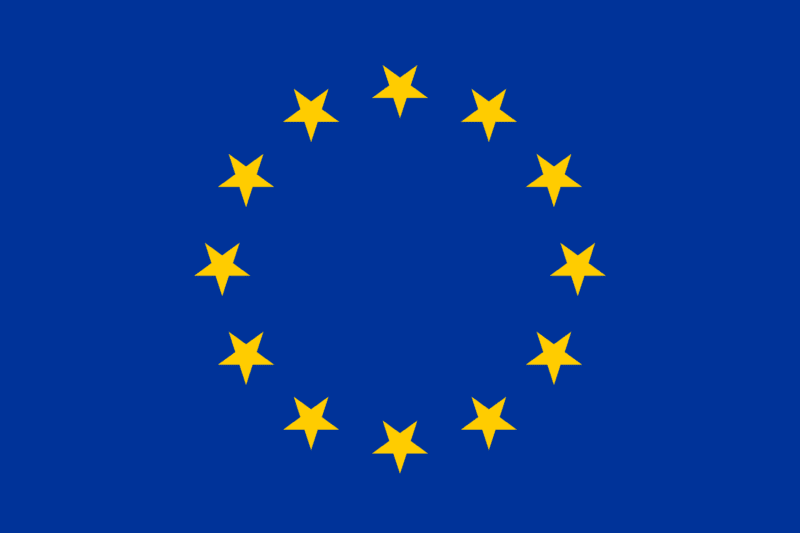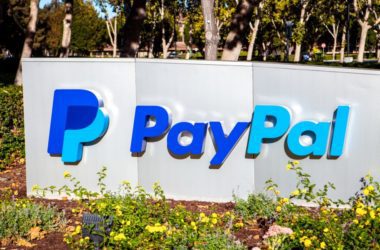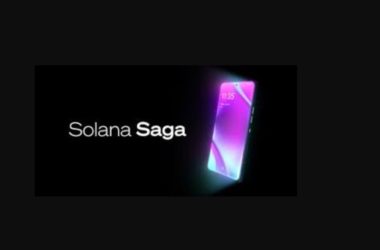Quick take:
- The European Union has agreed on rules to regulate the NFT and crypto market.
- The agreement comes as several nations including Ireland, Lithuania and Greece continue to oppose NFTs.
- EU lawmakers reached a compromise on Thursday night to include certain NFTs under the new harmonized market.
The European Union (EU) has agreed on a compromise to include certain types of NFTs under its new harmonised crypto market regulation. The lawmakers agreed on the new rules designed to create an environment that embraces crypto whilst protecting consumers on Thursday evening in Brussels.
Non-fungible tokens (NFTs), described as blockchain-based digital assets representing objects from art to videos “will be excluded from the scope except if they fall under existing crypto-asset categories,” the new rules state.
While several regions of the EU have embraced NFTs, some countries like Ireland, Lithuania and Greece continue to oppose what has now become a trend in the crypto market.
The new compromise could encompass NFTs and collectables tokens like ecosystem governance tokens and utility tokens.
However, Brussels will continue to pursue options for regulating NFTs, potentially as a standalone segment of the crypto market.
US-based Circle, the company behind the stablecoin USDC called the new rules a significant milestone for the crypto market overall.
“While no comprehensive body of rules is perfect … it nonetheless provides practical solutions to issues that other jurisdictions are just beginning to grapple with,” Circle said in a blog.
On the other hand, the lawmakers commented: “With the new rules, crypto-asset service providers will have to respect strong requirements to protect consumers’ wallets and become liable in case they lose investors’ crypto-assets.”
In a report published in March this year, data showed that NFT fraud rocketed 400% in 2021 amid a rapid increase in NFT traders in the market— most of them significantly inexperienced in crypto.
The data also showed that the 2,500% market growth during the campaign played a role, with some running NFT Ponzi schemes.
The EU is introducing the rules to both, embrace the crypto market and keep consumers safe from exploitation.
“Today we put order in the Wild West of crypto assets and set clear rules for a harmonised market,” said Stefan Berger, a German centre-right lawmaker who led negotiations on behalf of the parliament.
Stay up to date:





